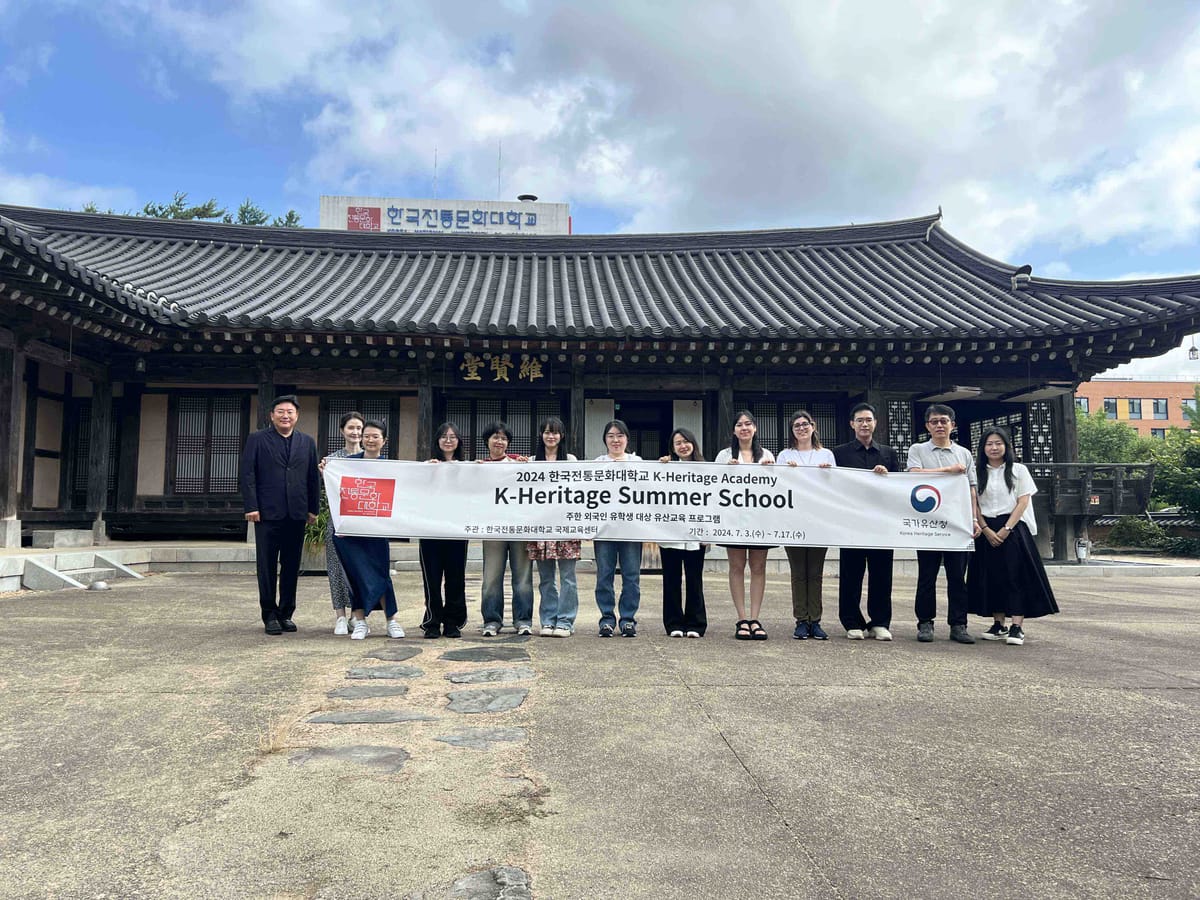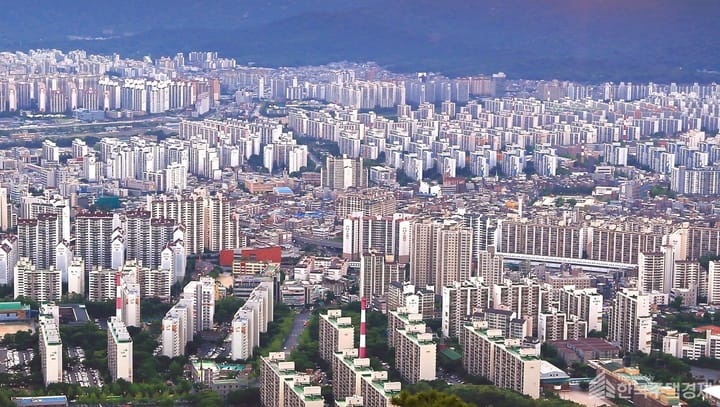Korea National University of Heritage Launches 'K-Heritage Summer School' for International Students

Seoul, South Korea – The Korea National University of Heritage recently concluded its inaugural 'K-Heritage Summer School' program. Held from July 3 to July 17, this initiative is part of the broader K-Heritage Academy, a non-degree program aimed at offering a comprehensive heritage education to international students.
The 'K-Heritage Summer School' was specifically designed to provide international students with a blend of theoretical knowledge and practical experiences related to Korean heritage. The program was held at several prestigious locations, including the Seoul Education Center of the Korea National University of Heritage (UNESCO House, Myeong-dong), the main campus in Buyeo, and Heungbokjeon Hall in Gyeongbokgung Palace.
The initiative to create this heritage education program began in March of the previous year. It aimed to fill the gap for foreign residents in Korea who had limited opportunities to systematically learn about Korean heritage. The K-Heritage Academy officially launched this year with three key programs. The development process included special lectures and surveys with 46 participants from 15 countries, including ambassadors residing in Korea.
The summer school catered to international students who had a strong interest in Korean culture, including K-Pop and the Korean language, but lacked opportunities to delve into the country's rich heritage. Eligible participants were international students affiliated with Korean educational or research institutions who had passed at least level 4 of the Test of Proficiency in Korean (TOPIK). From numerous applicants, eight master's and doctoral students from institutions such as the Academy of Korean Studies, Ewha Womans University, and Seoul National University were selected through a rigorous review process.
The three-week program began with an orientation at the Seoul Education Center, followed by a variety of activities:
- A one-night, two-day field trip to the main campus in Buyeo.
- Special lectures on Korean art history.
- Visits to the National Buyeo Museum, Buyeo Royal Tombs, and Baekje Cultural Land.
- Hands-on experiences with digital heritage through 3D scanning.
- Practical workshops on Hansan ramie weaving (Hansan moshi).
- Lectures on traditional Korean architectural aesthetics at Heungbokjeon Hall.
Participants also explored the customs of the Joseon Dynasty, traditional Korean folklore, and landscaping through various activities at the Seoul Education Center.
Building on the success of this year's program, the Korea National University of Heritage plans to offer the 'K-Heritage Summer School' as a regular credit-bearing course starting next year. Additionally, the university will launch the 'K-Heritage Leadership Program' later this year, from late September to late November. This program will cater to diplomats, international organization employees, scholars, and other global cultural leaders residing in Korea, providing advanced education on Korean heritage.



Comments ()